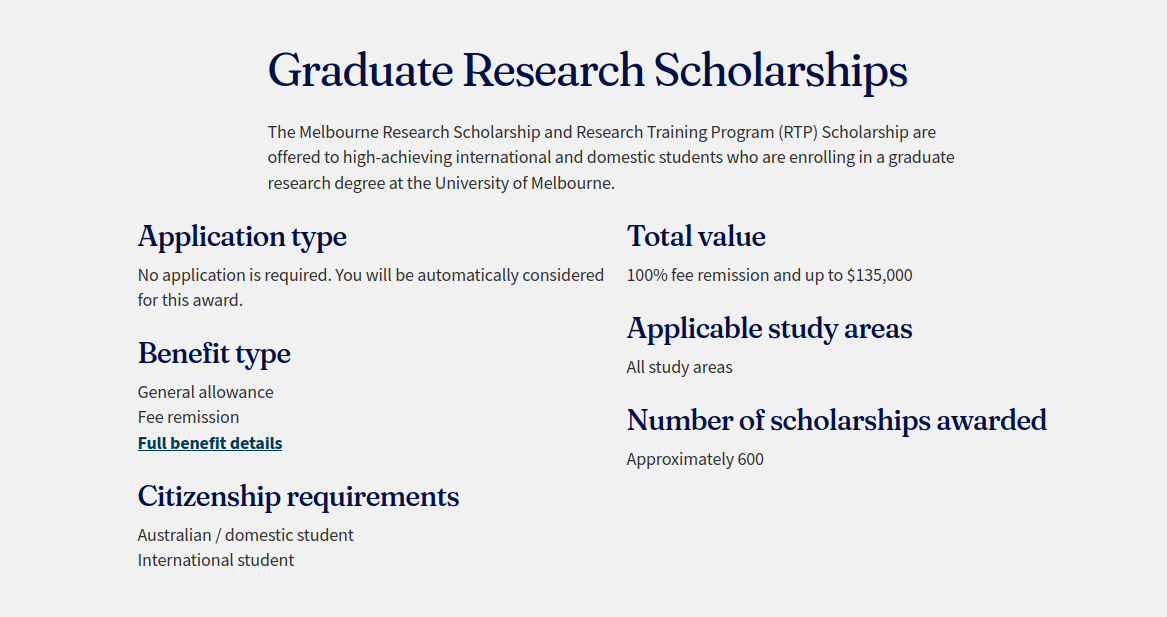Warmly welcome applications for four (4) postdoctoral and three (3) PhD student positions (Postdoctoral and PhD in Canada) in weather forecasting, climate modeling, satellite data analysis, and comparison. These roles will contribute to the scientific advancement of a new Earth-observing satellite. Also apply for Fully Funded PhD Opportunities at The University of Edinburgh
Postdoctoral and PhD in Canada: Research description
Canada will enhance its leadership in space observations of climate change by contributing three instruments — TICFIRE (Thin Ice Cloud and Far InfraRed Emissions), ALI (Aerosol Limb Imager), and SHOW (Spatial Heterodyne Observations of Water) — collectively known as HAWC (High-altitude, Aerosol, Water Vapor, and Clouds). These instruments will co-fly with others in NASA’s Atmosphere Observing System (AOS) satellite mission. Successful candidates will join the Canadian HAWC Science Development Team (SDT), funded by the Canadian Space Agency and led by the HAWC Canadian University Consortium. They will undertake essential science development activities to advance the sciences and applications of AOS/HAWC measurements. This recruitment round offers seven positions, including four postdoctoral researchers and three PhD students. Each appointee will work at McGill University, the University of Toronto, or the University of Waterloo, focusing on one of the outlined research subprojects.
Here: Study In Netherlands: University of Twente Scholarship 2024
Join us on different platforms if You have not Joined it Already
Here: Study In Italy: University of Palermo scholarship
Thermodynamic and radiative anomalies of weather extremes
| Subproject lead | Professor Yi Huang (yi.huang@mcgill.ca) |
| Positions open | One postdoc and one PhD student |
| Location | McGill University, Montreal, Canada |
| Objective | This research will assess thermodynamic and radiation anomalies in extreme events such as overshooting convections and cold air formation/outbreaks, using climate and radiative transfer modelling. |
Trajectory hunting investigations for comparing HAWC data
| Subproject lead | Professor Kaley Walker (kaley.walker@utoronto.ca) |
| Positions open | One postdoc |
| Location | University of Toronto, Toronto, Canada |
| Objective | This research will investigate methodologies for satellite data comparisons by using trajectory hunting techniques and explore how these can be used for HAWC measurements. |
Satellite detection of snowfall and snow accumulation across Canada’s North
| Subproject lead | Professor Christopher Fletcher (chris.fletcher@uwaterloo.ca) |
| Positions open | One postdoc and one PhD student |
| Location | University of Waterloo, Waterloo, Canada |
| Objective | This research will develop new optimal retrieval algorithms for satellite detection of snowfall and snow accumulation across Canada’s North by using instrument simulators and machine learning. |
Cloud feedback and its far-infrared signatures in GCMs
| Subproject lead | Professor Ivy Tan (ivy.tan@mcgill.ca) |
| Positions open | One postdoc and one PhD student |
| Location | McGill University, Montreal, Canada |
| Objective | This research will evaluate the Arctic cloud feedback in the Canadian climate model in connection with the representation of black carbon in particular. |
Postdoctoral and PhD in Canada: Financial Benefits
Postdoctoral Researchers
- Salary (including benefits): $60,000CAD/year
PhD Students
- Salary and benefits: set by each institution

How to apply for PhD
To apply for the PhD positions, interested applicants are encouraged to first contact the leads of the subprojects of their respective interests. Please send a recent academic transcript, an updated resume, and a half-page statement of research experience and interests. The successful candidates need to meet the admission requirements of the respective universities. More information can be found at the following websites:
- McGill University/Department of Atmospheric and Oceanic Sciences: https://www.mcgill.ca/meteo/programs-0/graduate-studies/graduate-programs
- University of Waterloo/Department of Geography and Environmental Management: https://uwaterloo.ca/graduate-studies-postdoctoral-affairs/future-students/programs/geography-phd-waterloo
Expected start date: January 1, 2025 (Note: application deadlines for PhD programs vary by institution and should be discussed with the lead from the appropriate institution).
How to apply for postdoc
To be considered for the postdoc positions, an applicant must have a Ph.D. degree in atmospheric sciences, meteorology, physics, or a related discipline, received within the past 4 years (after January 1, 2020). The candidate shall have the ability to conduct original and independent scientific research and is expected to have experience in one or multiple of these skills:
- global or regional weather and climate modelling,
- radiative transfer modelling,
- trajectory modelling,
- satellite measurement simulation,
- analysis of model and/or satellite datasets,
- programming in Fortran, Matlab or Python on Linux systems.
Interested applicants are encouraged to directly contact the leads of the four subprojects of their interest by email, enclosing:
- a cover letter,
- a curriculum vitae,
- transcripts and academic records (B.Sc. and at the graduate-level), and
- names and contact information for at least two references.
Postdoctoral and PhD in Canada: Note
An applicant can apply for one or multiple of these four subprojects simultaneously but is strongly recommended to clearly identify a primary subproject at the top of their application. The applications will be evaluated independently for each subproject. Evaluation of the applications will start once received and continue until all the positions are filled.
- Yi Huang, McGill University
- Kaley Walker, University of Toronto
- Christopher Fletcher, University of Waterloo
- Ivy Tan, McGill University
- on behalf the HAWC SDT



























